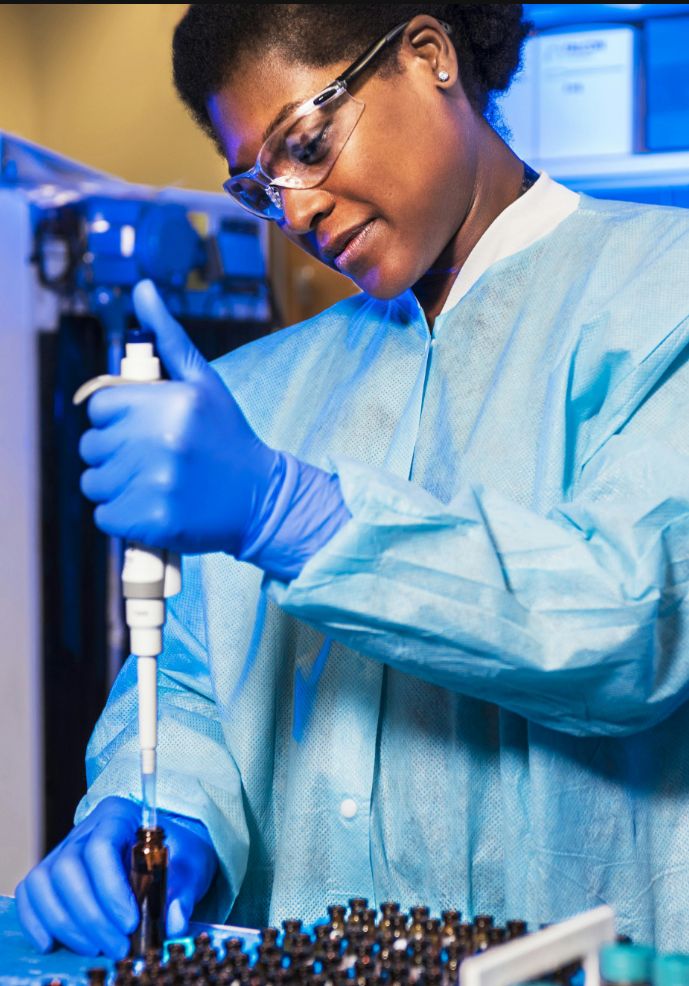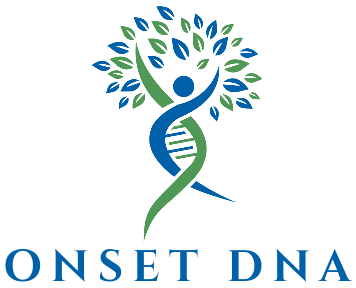
Saliva DNA testing has become increasingly popular for everything from ancestry exploration to health risk assessments and legal paternity tests. The process is simple: spit into a tube, mail it in, and wait for your results. But how reliable are these tests? Can something as basic as saliva truly unlock your genetic secrets — and can it sometimes get things wrong?
This article explores how saliva DNA tests work, their accuracy, common reasons for errors, and what you should do if your results seem questionable. OnsetDNA explains it all in detail.
Saliva contains buccal (cheek) cells that hold your DNA. Testing companies extract this DNA to analyze genetic markers. These markers can be used to determine biological relationships, detect health risks, or trace ancestry.
Saliva DNA tests are popular because they’re non-invasive, easy to collect, and can be mailed from the comfort of your home.
Saliva DNA tests can be very accurate when handled correctly. Most top labs claim over 99% accuracy for paternity and relationship testing. However, accuracy depends on many factors, including sample quality, lab practices, and even human error.
If food, drink, or bacteria are present in the saliva, the DNA can be compromised.
Failing to follow instructions — like not rinsing your mouth or eating before the test — can reduce quality.
In a busy lab or clinic, a simple mix-up in labeling could cause you to receive someone else’s results.
Too little saliva or degraded DNA may lead to inconclusive or incorrect outcomes.

The quality of the lab analyzing your sample plays a huge role. Accredited labs follow strict procedures to ensure precision. They use control samples, verify identities, and follow chain-of-custody protocols (especially in legal cases).
Accredited labs are regularly audited and follow industry standards. Using a non-accredited lab increases the risk of mistakes and unreliable results.
Yes. Certain health issues or medications can influence saliva production or alter its composition, possibly affecting DNA extraction.
Saliva and blood both contain DNA, but blood samples often provide higher-quality genetic material. That’s why blood is usually preferred for complex health-related genetic tests.
| Sample Type | Pros | Cons |
| Saliva | Easy, non-invasive, home-based | Risk of contamination, affected by oral health |
| Blood | High DNA quality, preferred for medical use | Requires professional collection |
| Cheek Swab | Simple like saliva, widely used in paternity | May still have issues if not collected properly |
Yes, but it’s rare if proper steps are followed. Paternity tests are highly sensitive, and a mix-up in the process is more likely to cause errors than the technology itself.

If you receive unexpected or suspicious results, don’t panic. Here’s what to do:
False DNA results can lead to real-life consequences:
For ancestry and general health screening, saliva DNA tests are generally reliable — but they’re not a substitute for professional medical testing.
Saliva DNA tests offer a convenient and fascinating window into your biology — but like all tools, they have limits. The key is to approach results thoughtfully, choose a trusted provider, and always double-check when something doesn’t seem right. Whether you’re testing for ancestry, health, or family connections, understanding how errors can occur helps you take smarter steps toward clarity and peace of mind.
DNA in saliva can last for weeks if stored properly, but it degrades quickly in poor conditions or heat.
Common errors include sample mix-ups, contamination, labeling mistakes, or poor lab practices.
While rare, errors can occur due to contamination or lab mistakes, leading to false results.
Yes, especially if not collected properly or if the sample gets contaminated or mislabeled.
When done properly and through a certified lab, it can be over 99% accurate for many tests.
Eating, drinking, smoking, poor sample collection, or contamination can affect results.

Empowering Families with Knowledge and Clarity through Convenient, Confidential, Compassionate Mobile DNA Testing.

